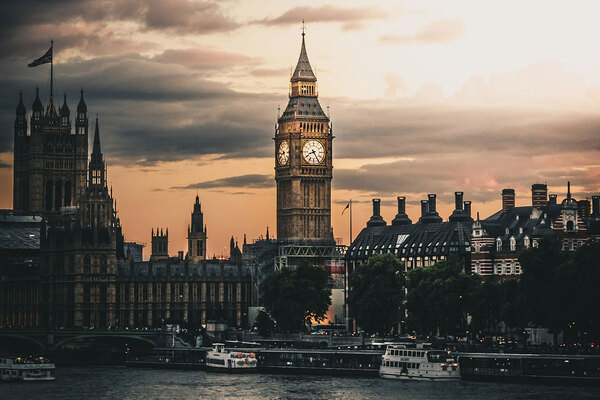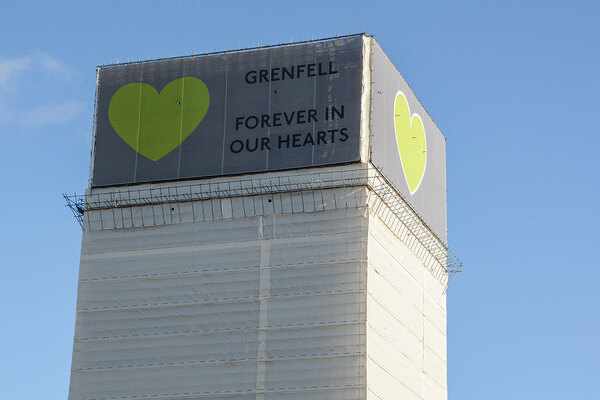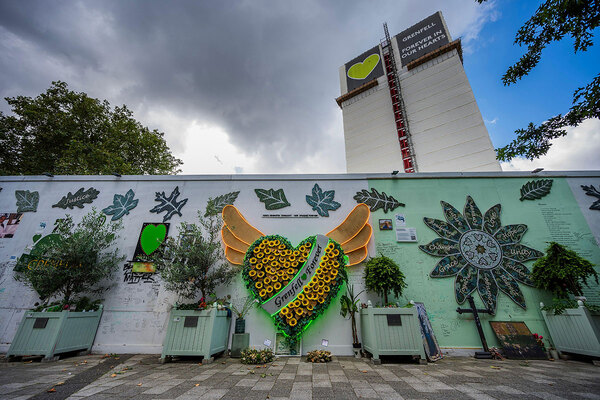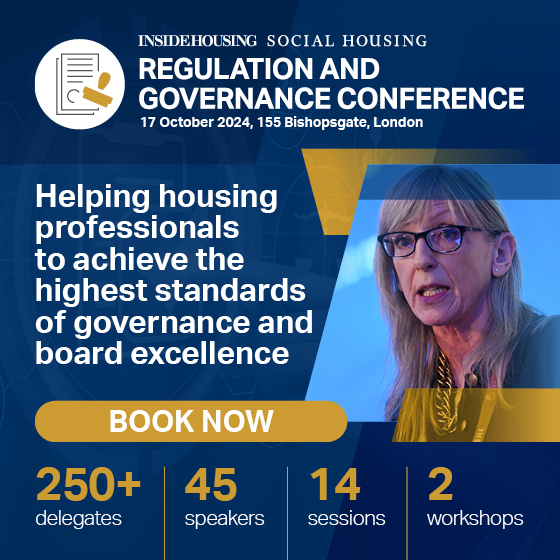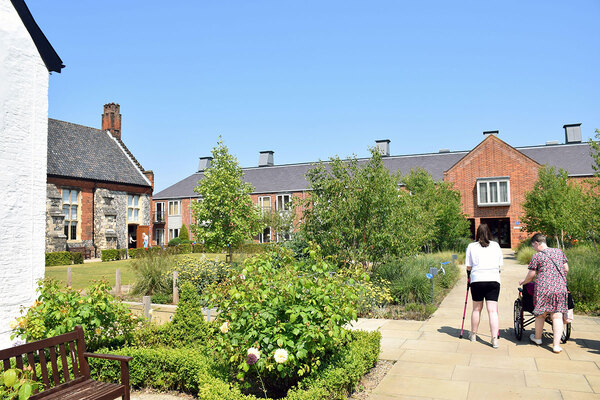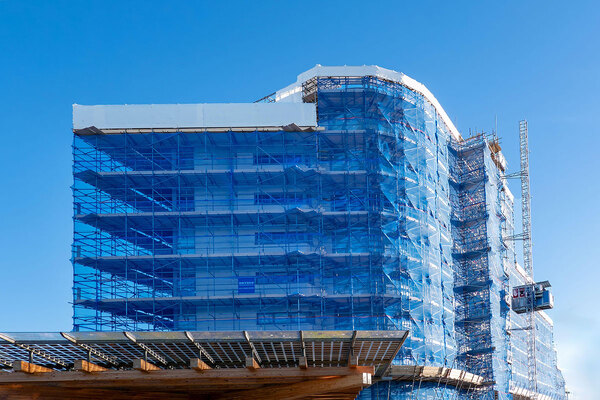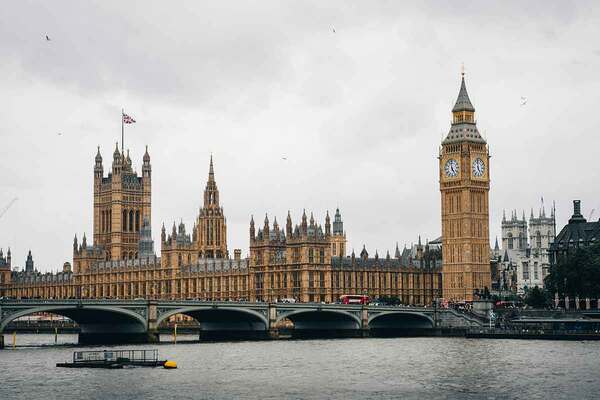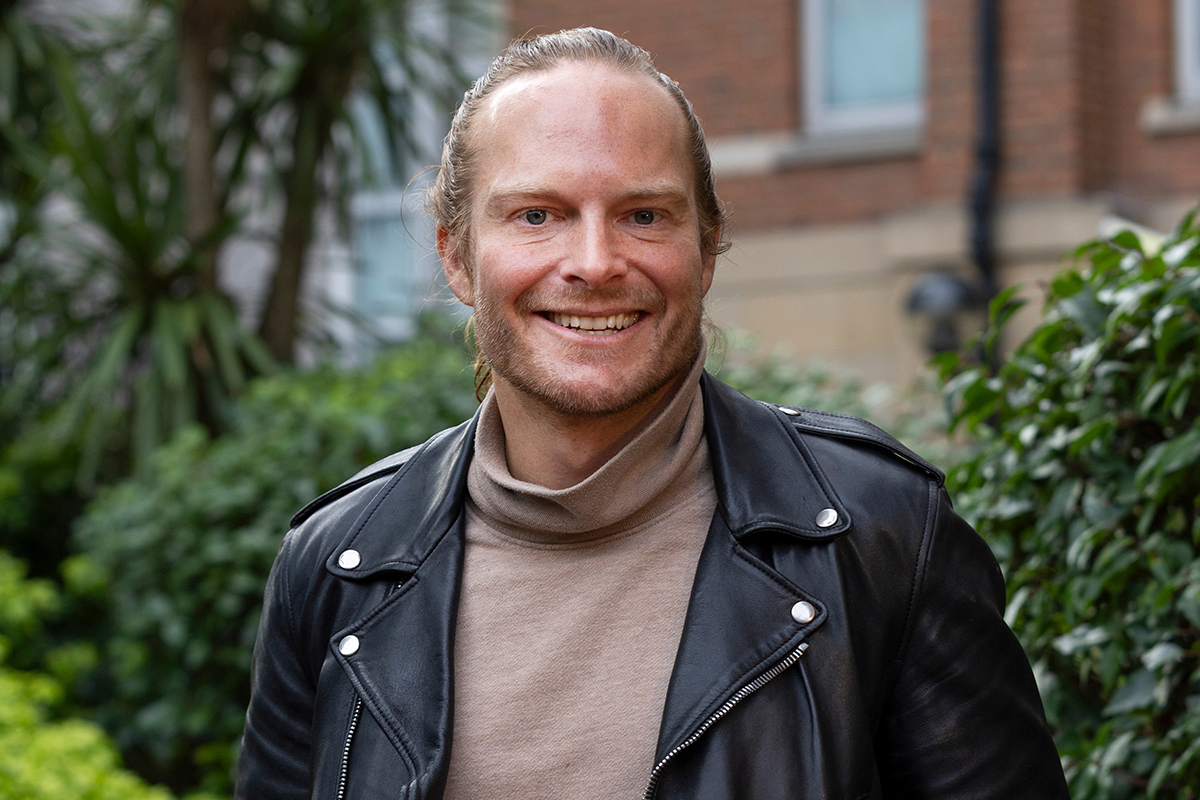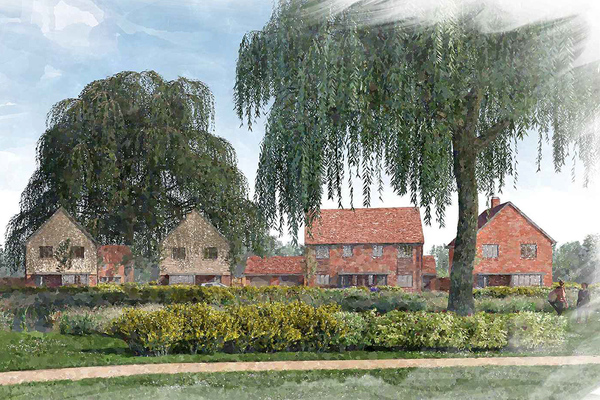Former chair of Grenfell’s leaseholder association criticises lack of recommendations for social housing providers
The former chair of Grenfell Tower’s leaseholder association, lawyers for the community and campaigners have criticised the inquiry report’s decision not to make recommendations for change at social housing providers.
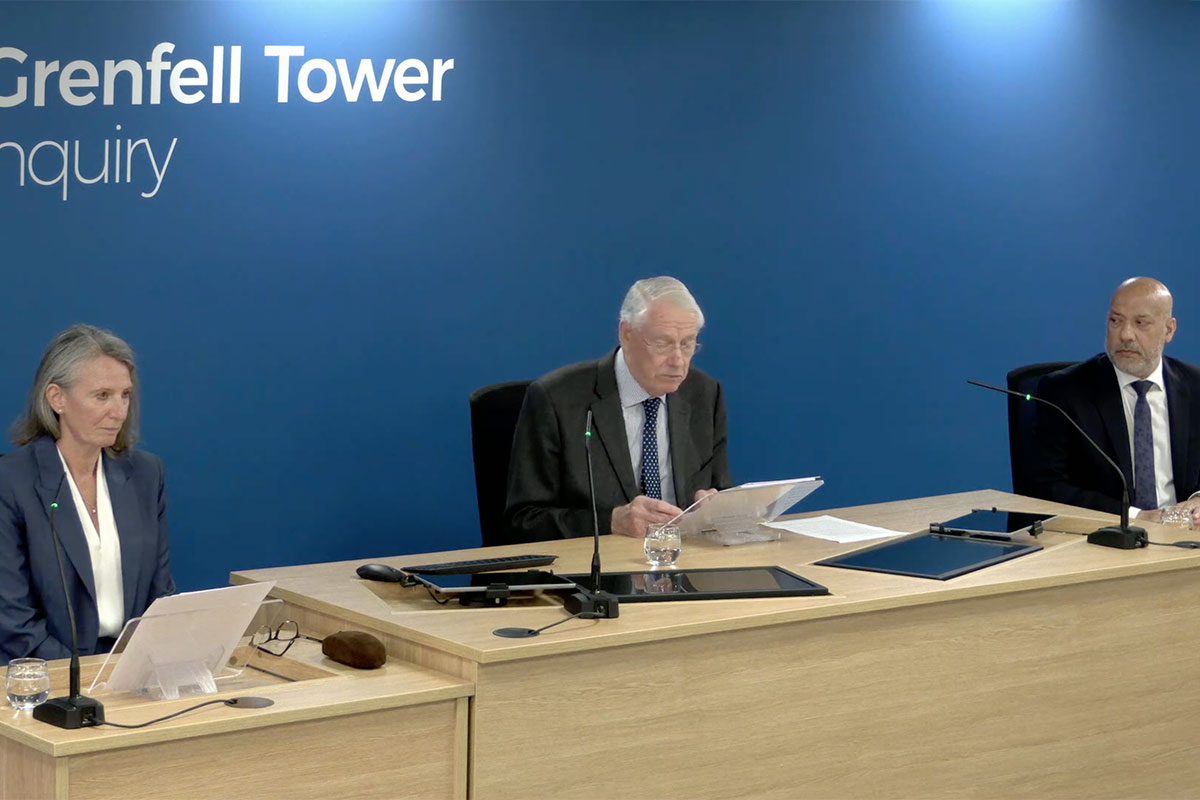
The seven-volume report, published on Wednesday morning, made 58 sweeping recommendations covering the construction sector, disaster response and local fire authorities, as well as many other areas.
While some – such as the call for a new definition of higher-risk buildings – will have an impact on the work social landlords carry out, the report said it would not make specific recommendations for the sector.
This was despite stinging criticism of the actions of housing management body Kensington and Chelsea Tenant Management Organisation (KCTMO), which the report said had taken a “casual approach to fire safety”, had “betrayed its statutory obligations to its tenants” and was culpable for “chronic and systemic” safety failings.
It also said the TMO had allowed its relationship with residents to deteriorate to the point where they regarded it as an “uncaring and bullying overlord that belittled and marginalised them”.
But in its recommendations section, the report said: “In other circumstances shortcomings of those kinds would probably have led us to make a number of recommendations directed to ensuring that they were rectified and not repeated.
“However, since the fire parliament has enacted the Social Housing (Regulation) Act 2023… In those circumstances, we do not consider it necessary to make any additional recommendations in relation to the matters that we have uncovered.”
While the act makes it a requirement for senior social housing staff to gain qualifications and greatly enhances the power of the Regulator of Social Housing to assess the performance of providers’ landlord services, including health and safety matters, it does not address all of the issues raised in the Grenfell report.
Shah Ahmed, former chair of the Grenfell Tower Leaseholder Association, told Inside Housing: “On the night of the fire, when we escaped the hell on earth and near death experience, I was absolutely determined that the history of Grenfell Tower disaster must be written by the victims of Grenfell Tower, not by the victors.
“[But] here we go again. In the final report, there are no recommendations about tenants’ and leaseholders’ rights. It should be the first priority in their findings. We feel we have been led down by the inquiry on tenants and leaseholders rights.”
Mr Ahmed raised numerous fire safety concerns before the 2017 blaze, particularly following an earlier, smaller fire in 2010, where his wife was injured due to a malfunctioning smoke ventilation system.
On 3 September 2010, he wrote to Robert Black, chief executive of KCTMO, warning that “the recent fire at Grenfell Tower has raised so many health and safety issues with the building that it demands an independent investigation and enquiry into the safety of the building”.
The letter added: “Grenfell Tower with its interior staircase and malfunctioning ventilation system, there is certainly a high probability that in the event of another fire, the whole building can become an inferno.
“Furthermore, should a fire occur in the staircase of Grenfell Tower, there will be no escape route for the residents as, and rightly so, the lift will be out of service. This raises serious health and safety issues and could trap the residents of building in a fire with no escape.”
Before the final inquiry report, Mr Ahmed had called for the Grenfell Tower Inquiry to make clear recommendations for enhanced rights for tenants and leaseholders in social housing.
“Those actually living in social housing are the real experts,” he wrote. “Grenfell did happen in social housing, but work to improve the experience of social housing residents is lagging behind.”
He called for the inquiry to recommend stronger powers for tenant and resident associations, including “a right to information and documents from their social landlord”. “I want them to not only be heard but to be given weight in resident engagement exercises,” he said.
Mr Ahmed’s views were echoed by law firm Russell Cooke, which represented many bereaved and survivors during the inquiry process.
“While the TMO and RBKC [Royal Borough of Kensington and Chelsea] are heavily criticised for the way that they treated their tenants and the power imbalance in the relationship is highlighted, the report makes no recommendations because they note that the Social Housing (Regulation) Act 2023 has come into force,” the firm said.
“Although it has started to make a difference, it is a relatively new regime, and one that has already shown that many social housing tenants remain in unsafe housing over seven years after the Grenfell Tower fire and that fire safety is still not consistently maintained in social housing stock.
“That the inquiry should therefore conclude that the Social Housing (Regulation) Act is sufficient is therefore surprising, and means that if monitoring of recommendations is implemented, then the culture of disregard for tenants in social housing will be ignored in that monitoring process. An inquiry which was about the experience of being a social housing tenant, is effectively silent on safeguarding the experience of social tenants going forward so that the tenants voice is lost from the process.”
Mikey Erhardt, housing campaigner at charity Disability Rights UK, added: “We are disappointed that the report failed to make further recommendations that would improve the relationship disabled social renters have with their landlords, such as introducing new duties of care and accessibility, or requiring significantly higher staff training expectations on matters of accessibility and safety.”
However, sector bodies stressed that the regulatory changes would have a direct impact on health and safety.
Kate Henderson, chief executive of the National Housing Federation, added: “Housing associations and sector bodies will continue to do everything in our power to ensure that a tragedy such as the fire at Grenfell Tower never happens again. The social housing sector has supported the legislative and regulatory reforms that rightly followed from the tragic fire at Grenfell Tower, and is committed to ensuring that all social tenants are listened to, respected and treated with dignity.
“We support the Social Housing Regulation Act which has introduced a range of new standards and a more stringent inspection regime. The new tenant satisfaction measures will give a sector-wide overview of potential areas for further improvement, including on fire safety.”
All Inside Housing’s breaking stories on the Grenfell Inquiry Phase 2 report
KCTMO responsible for ‘chronic and systemic’ safety failings before Grenfell fire, inquiry concludes
Grenfell’s social housing provider was responsible for “chronic and systemic failings” in fire safety management, as well as a “toxic” relationship with the tower’s residents, who came to regard it as an “uncaring and bullying overlord that belittled and marginalised them”
Failed by ‘incompetence, calculated dishonesty, and greed’: reactions to Grenfell Tower Inquiry report
Inside Housing is highlighting responses to the second and final Grenfell Tower Inquiry report
The Grenfell Tower Inquiry report may not have made recommendations to social landlords, but it is still a major call for change
Today’s Grenfell Tower Inquiry report surprisingly stopped short of making recommendations for social housing providers. But it did ask them to read it and reflect. This is homework which should be taken seriously, writes Peter Apps
Grenfell Inquiry report elects not to make specific recommendations for social housing providers
The Grenfell Tower Inquiry has made no fresh recommendations for social landlords in its long-awaited Phase 2 report, saying recent legal changes are sufficient to drive reform
‘Complacent’ government ‘well aware’ of cladding risks before Grenfell fire but ‘failed to act’
A “poorly run”, “complacent” and “defensive” government department “failed to act on what it knew” about dangerous cladding in the years before Grenfell, amid an enthusiasm for deregulation which “dominated” its thinking
‘Systematic dishonesty’ by product manufacturers ‘very significant reason’ for Grenfell’s deadly cladding, inquiry concludes
“Systematic dishonesty” by product manufacturers was a “very significant reason” why Grenfell Tower was clad in such dangerous materials, the inquiry report into the fire has concluded
Social landlords must be ‘held to account’ for safety of homes, prime minister says
Sir Keir Starmer has pledged to make sure social landlords are “held to account” for the safety of the homes they provide, in a statement following the publication of the Grenfell Tower Inquiry’s second and final report
Sign up to the Regulation and Governance Conference 2024
At a time of major regulatory change, the Regulation and Governance Conference is designed to give board members and governance and risk professionals the insight they need to plan and prioritise effectively.
Join more than 250 delegates and 45 speakers to confidently navigate the change ahead and ensure you have the right governance structures and assurance frameworks to keep tenants safe and run a viable business.
